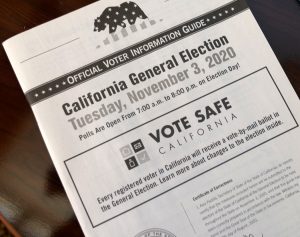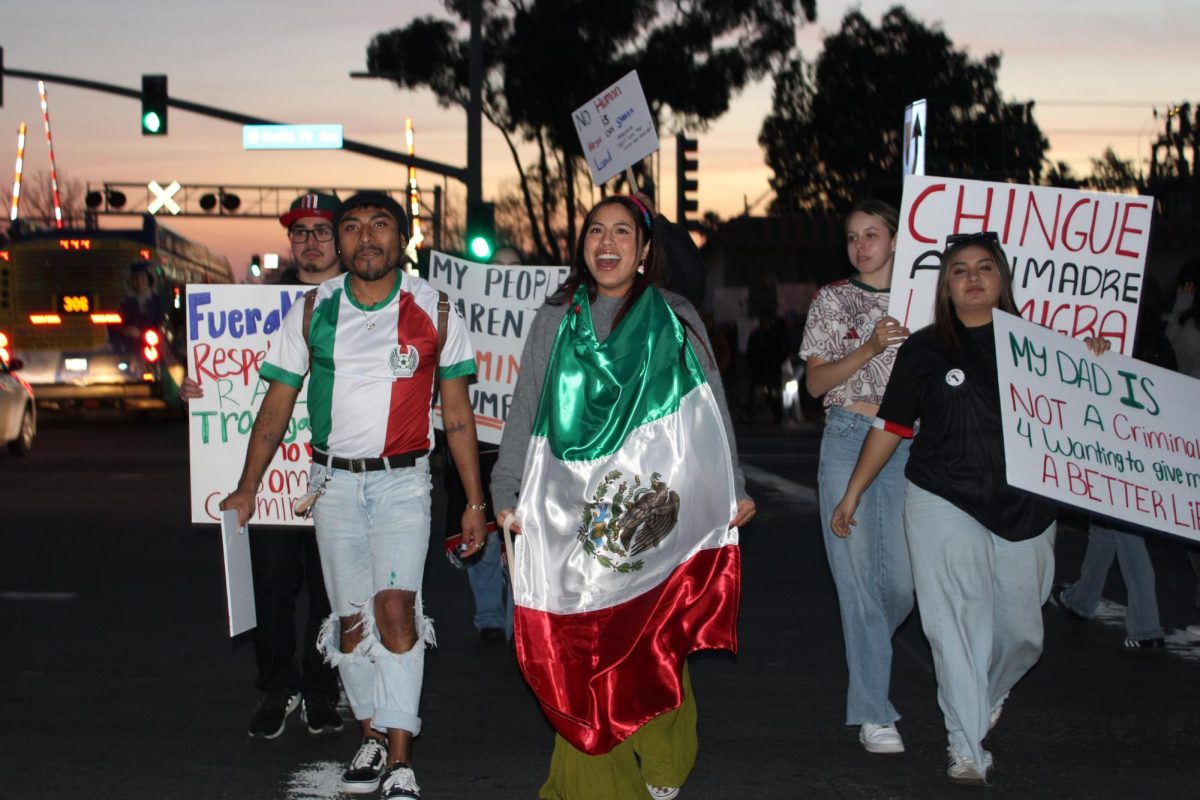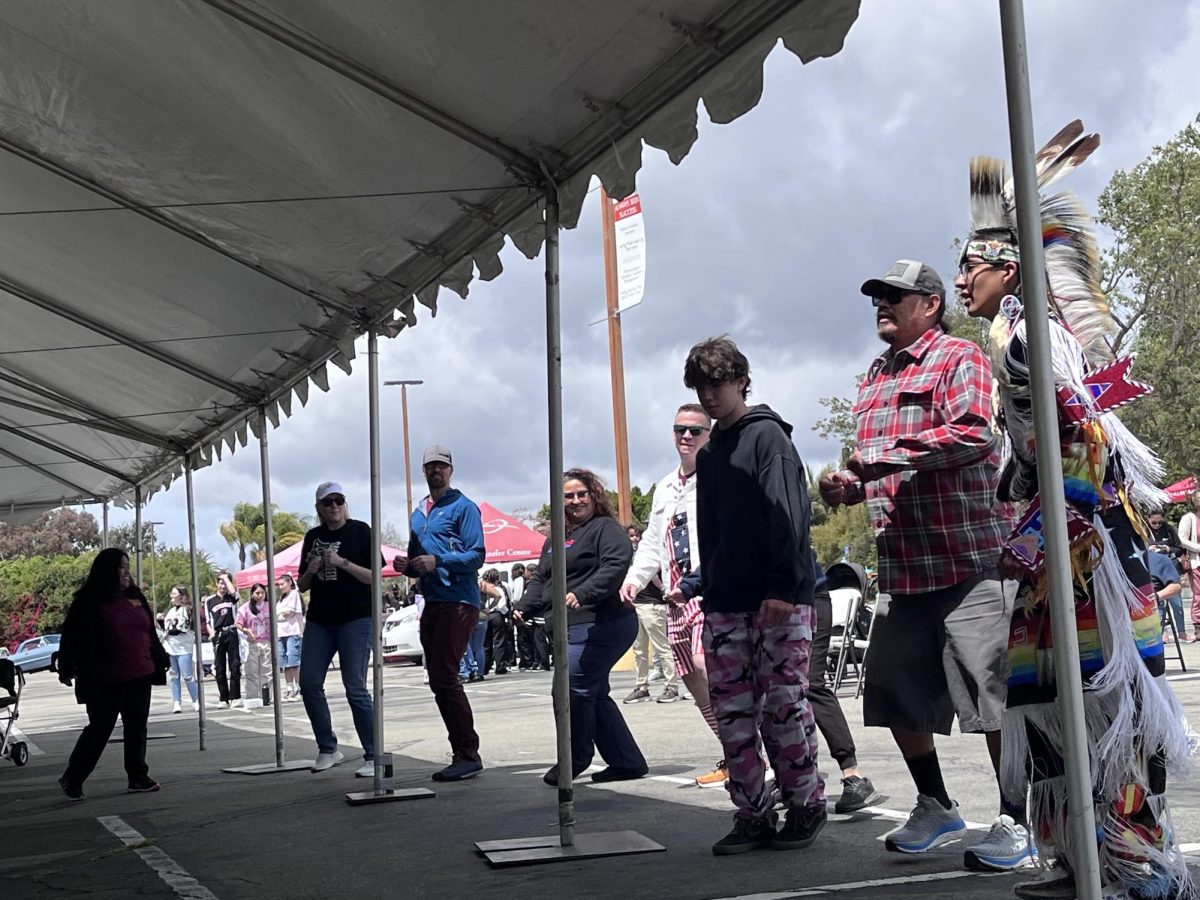
Story by Parker Meister and Jackson Garrett
California voters declined an attempt to reinstate affirmative action in Proposition 16 by a majority “no” vote of 56.1%, according to the State of California Registrar of Voters.
With 100% of the precincts partially reported, the total “no” vote came out to 6.1 million while the “yes” vote totaled just over 5 million.
If the amendment would have passed, business owners would have been able to deny someone a job or deny a student purely based on the color of their skin, sexuality, religion or any underlying factors.
The winning “no” vote supported the motion that it is unlawful for California’s state and local governments to discriminate against people based on race, religion, sex, or ethnicity. A yes vote would have repealed this amendment and in addition to Proposition 209, which was made to stop discrimination in the work place.
Prop. 16 was made to overturn Prop. 209, which was passed on the 1996 ballot and amended the California Constitution to ban the use of affirmative action at public universities and other public entities.
What is so confusing about this proposition is that while it would seem that a “no” vote would protect and encourage racial equality, candidate for U.S. vice president, Kamala Harris, and Governor Gavin Newson endorsed a “yes” vote on the basis that it would promote racial equality in schools and in the workplace, which is exactly what the platform is for “no” voters.
The end of Prop. 209 would have meant that race would once again be a factor when determining admission into California public universities. This means that if a school already has a majority of Asian students, any incoming Asian students would have a harder time being accepted into the school than students of other races with the same academic credentials.
California Institute of Technology has a 47% Asian population for undergrad students. If the proposition passed, it would have been much harder for an incoming Asian freshman to be accepted into that college. Private colleges such as University of Southern California and Stanford will not be affected in the way that they admit students using affirmative action.












